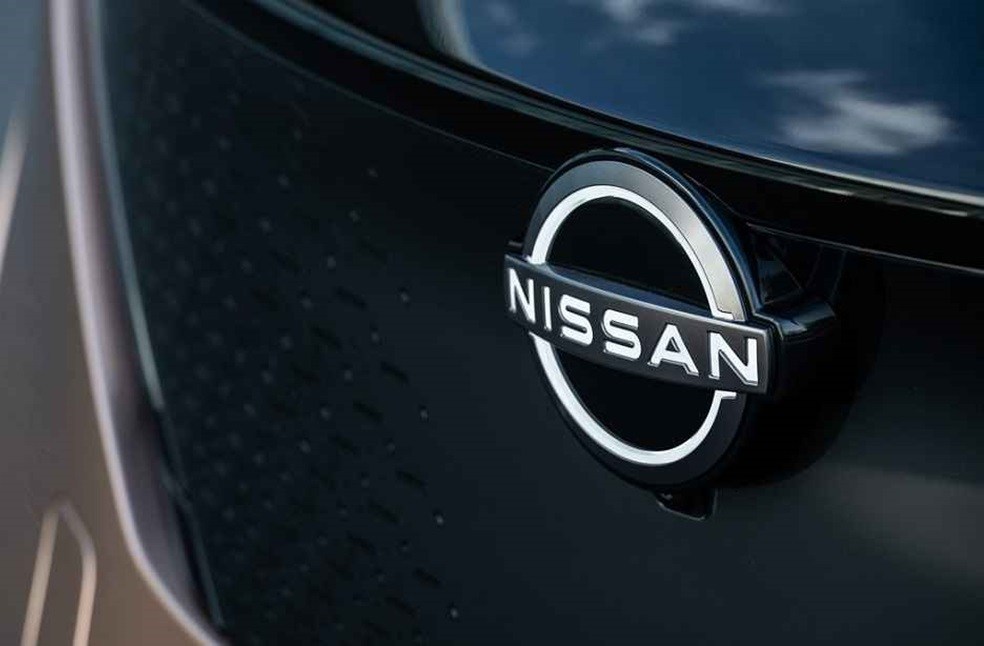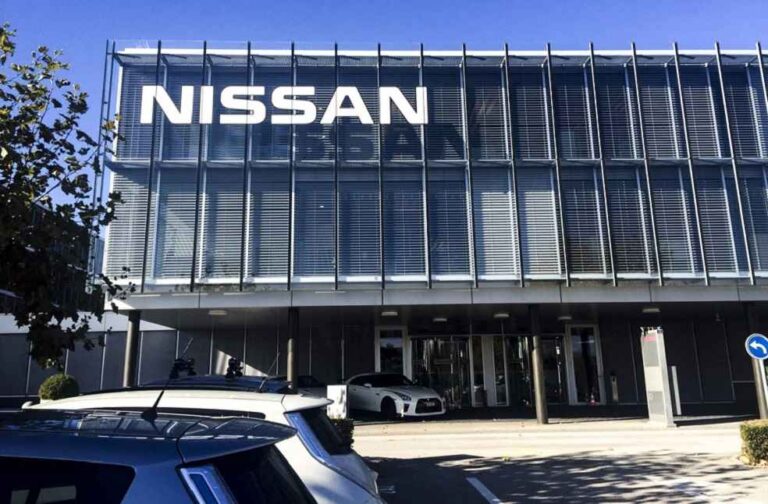Nissan has taken another step toward launching its next-generation battery technology, pledging to double driving range, cut charging times, and boost overall efficiency. The Japanese automaker joins a growing list of carmakers, startups, and tech firms competing to lead the rollout of all-solid-state batteries.
According to a report by Nikkei, the automaker has created prototype solid-state battery cells capable of doubling the driving range of its electric vehicles. With assistance from U.S.-based battery startup LiCAP Technologies, Nissan’s solid-state cells have now achieved the performance benchmarks required for mass production.
Following its recent partnership with U.S.-based LiCAP Technologies, Nissan has made further progress toward mass-producing all-solid-state batteries.
LiCAP specializes in dry electrode technology, which removes the need for the costly and slow wet-coating process. By adopting LiCAP’s proprietary Activated Dry Electrode method, Nissan is now introducing a dry electrode manufacturing approach.

This approach eliminates the drying phase and enhances ion mobility, leading to improved battery efficiency. Nissan asserts that this innovation gives it a competitive edge in the development and manufacturing of all-solid-state EV batteries while also significantly lowering production costs and reducing environmental impact.
Nissan began operating a pilot production line for solid-state batteries earlier this year, while LiCAP Technologies maintains a 300 megawatt-hour facility in California dedicated to its proprietary Activated Dry Electrode technology.
The automaker is aiming for a cost of $75 per kilowatt-hour—significantly lower than the 2024 average of $115 per kWh reported by BloombergNEF. Achieving this target will demand greater economies of scale than those currently seen with lithium-ion batteries, which benefit from well-established supply chains.
LiCAP is among several U.S. battery startups striving to outperform China’s major battery manufacturers in the competition to develop batteries with extended range and quicker charging capabilities. The automaker plans to roll out its first electric vehicles powered by all-solid-state batteries by fiscal year 2028.
GENERAL | GM to Shut Down IT Innovation Center in Georgia, Cutting 300 Jobs





